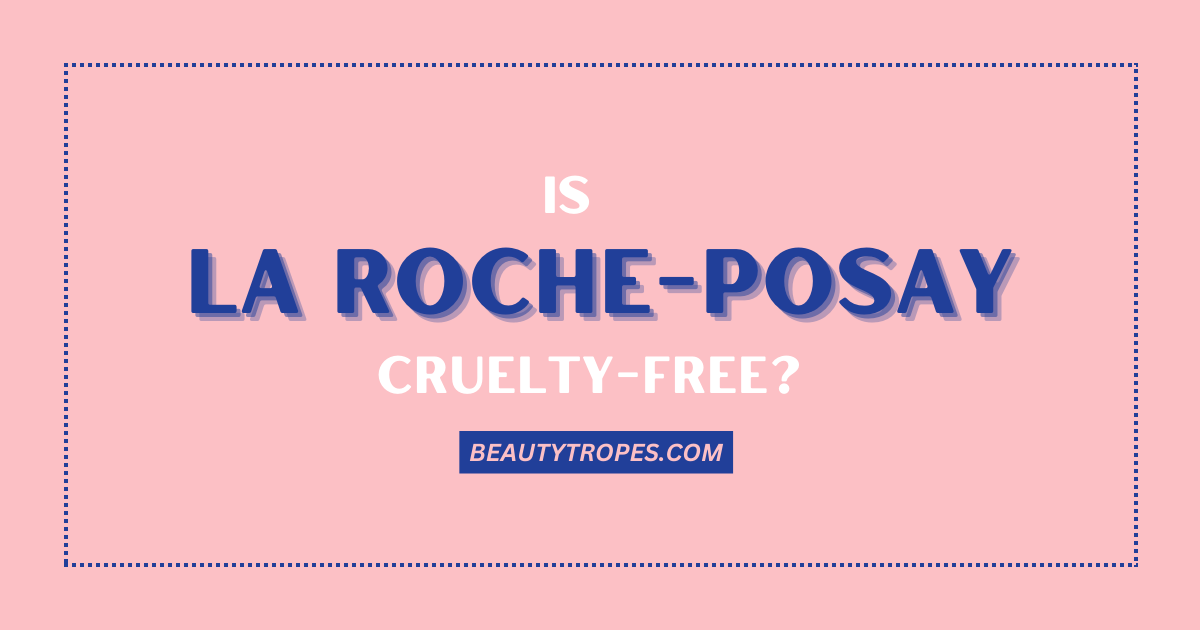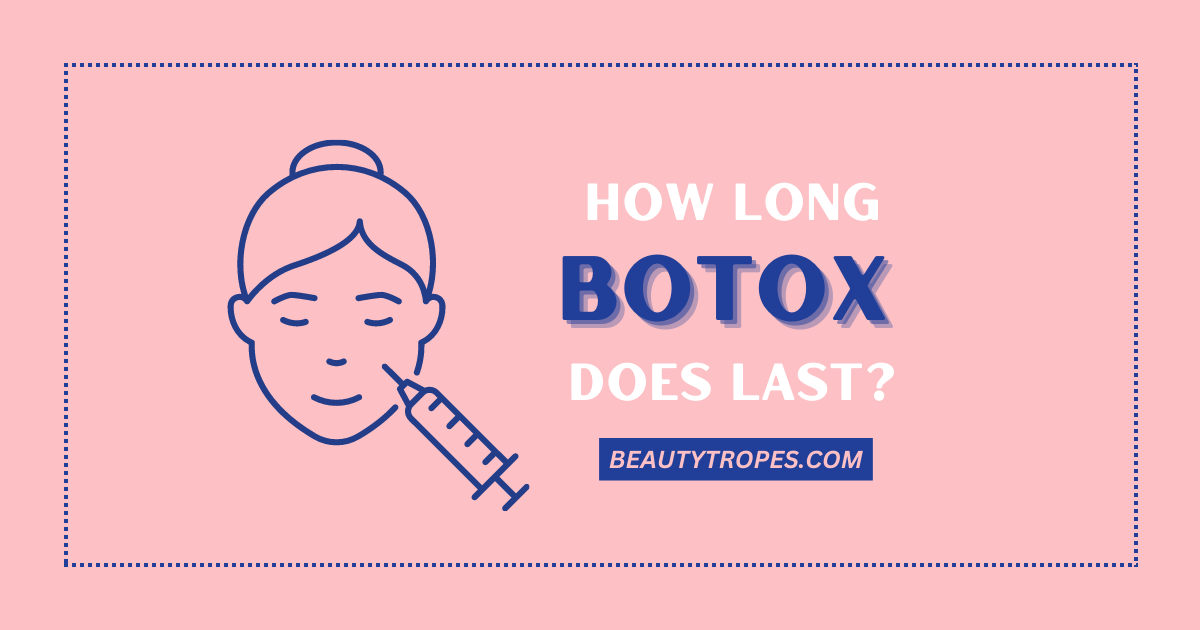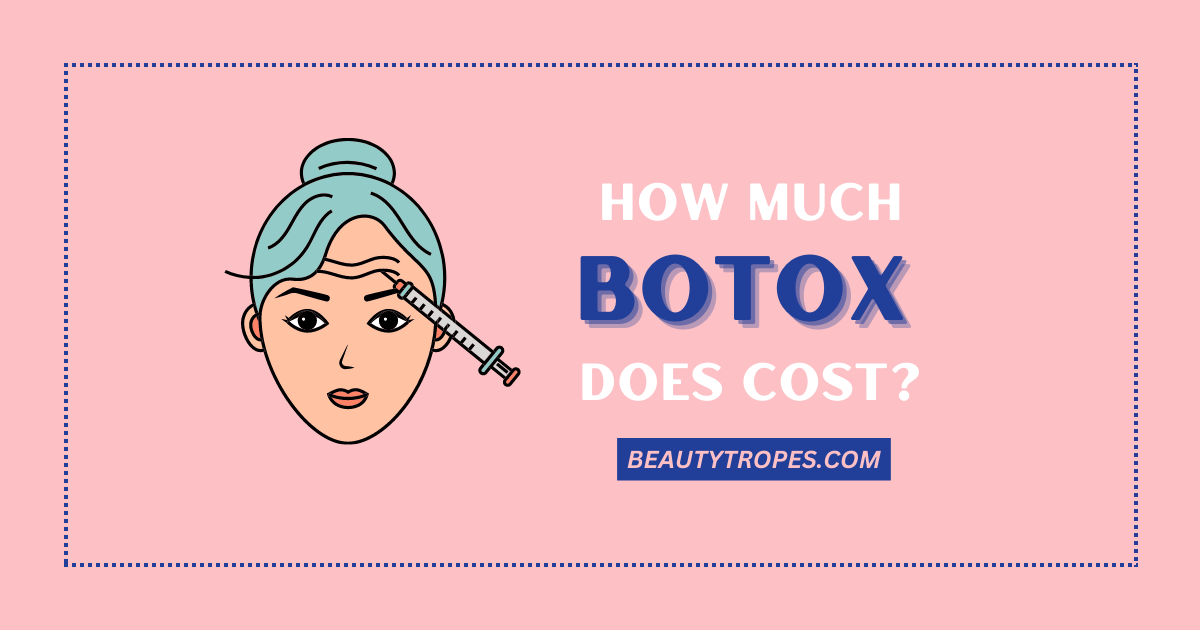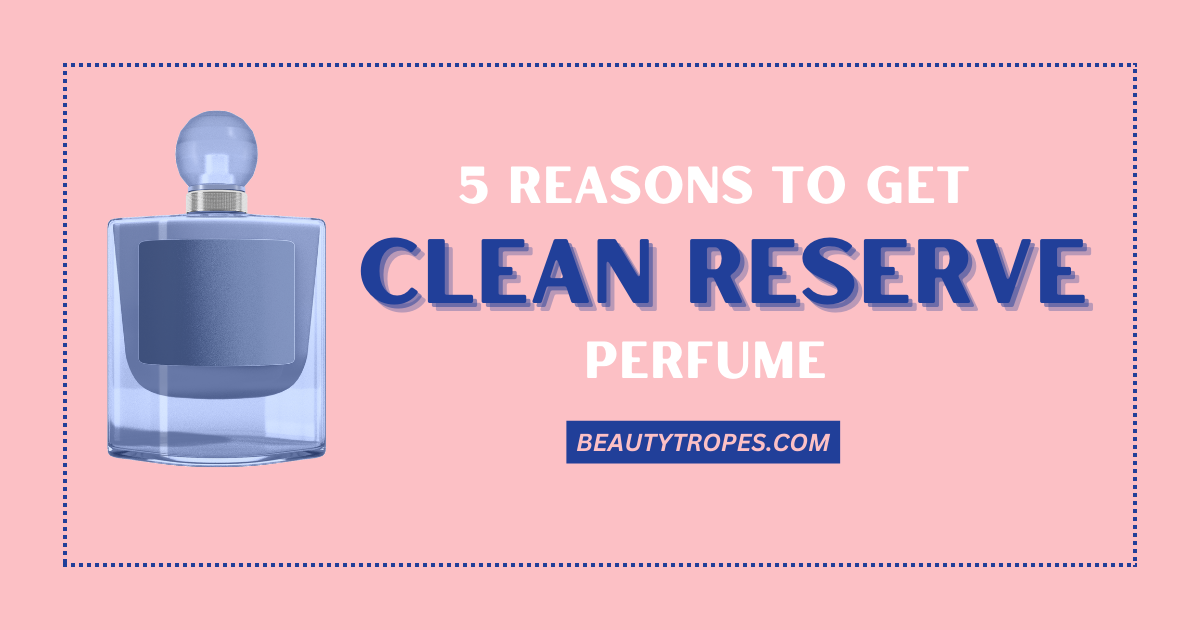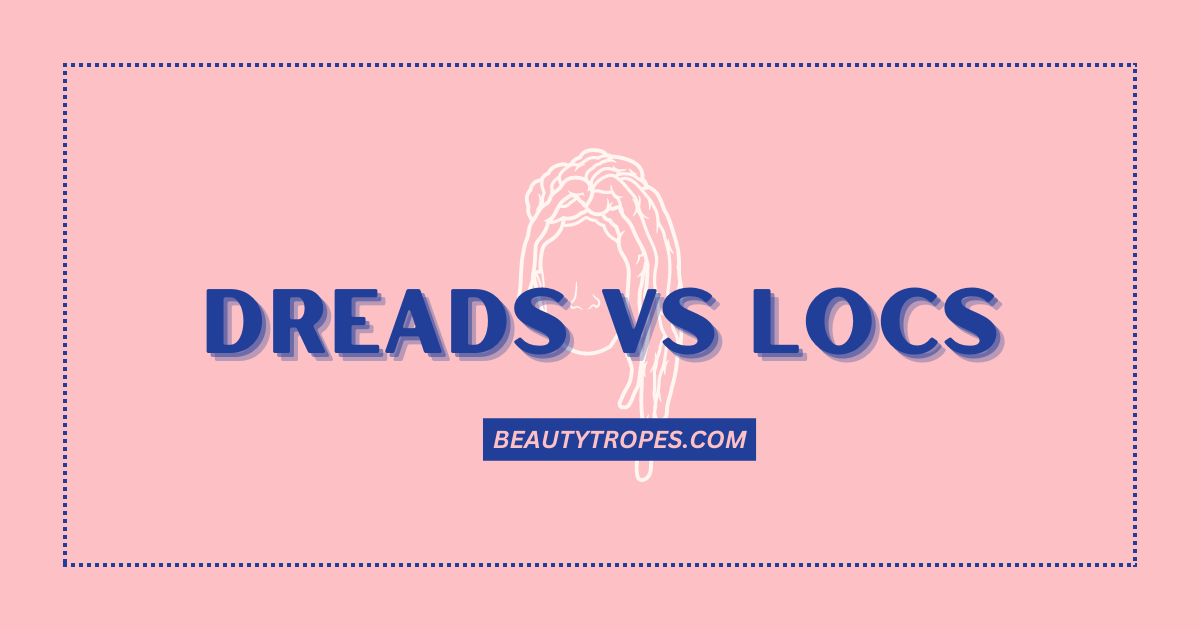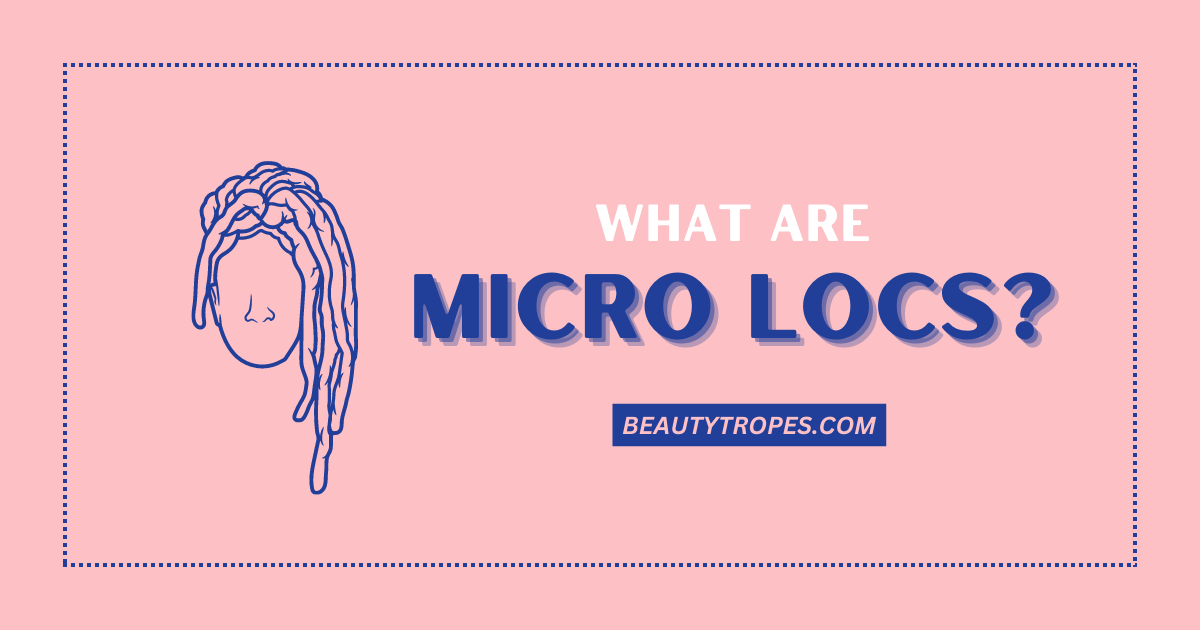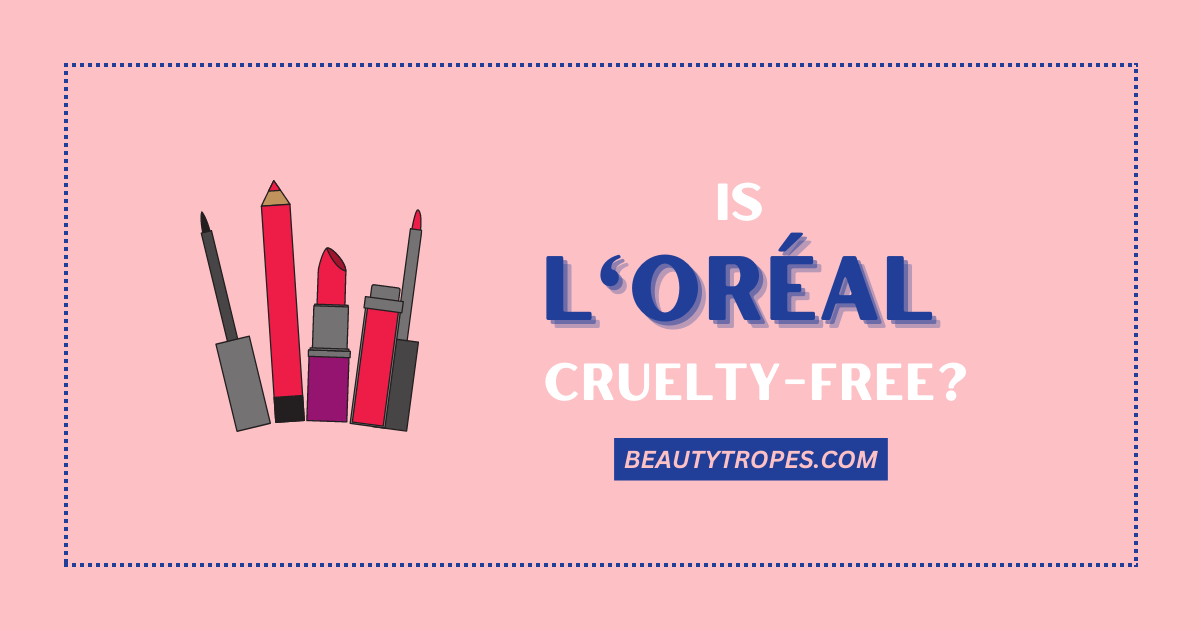Unveiling La Roche-Posay’s Cruelty-Free Claims: Fact or Fiction?
La Roche-Posay, a prominent name in the skincare industry, has established itself as a trusted brand known for its range of effective and dermatologically tested products. Consumers often turn to La Roche-Posay for solutions to their skin concerns, placing their trust in the brand’s expertise.
However, beyond the efficacy of their products, the ethical considerations surrounding the brand’s practices have come under scrutiny.
Is La Roche-Posay Cruelty-Free?
In recent years, there has been a growing awareness and demand for cruelty-free beauty products. Consumers are increasingly concerned about the well-being of animals and the impact of testing on their safety and welfare.
Consequently, questions have emerged regarding La Roche-Posay’s commitment to cruelty-free practices. Is the brand truly dedicated to avoiding animal testing throughout its product development process?
Regrettably, a thorough investigation into La Roche-Posay’s policies and practices reveals a disappointing truth. Despite its reputation as a reputable skincare brand, it becomes evident that La Roche-Posay products are not cruelty-free. The brand’s stance on animal testing raises concerns among consumers who prioritize the ethical treatment of animals in the cosmetics industry.
Understanding Cruelty-Free Beauty
Before we explore La Roche-Posay’s animal testing practices, it is crucial to grasp the concept of cruelty-free beauty. A cruelty-free brand refers to one that does not conduct any form of animal testing throughout its manufacturing process.
This includes testing ingredients, formulations, and finished products on animals. Cruelty-free brands prioritize alternative testing methods, such as in vitro tests, computer models, and human volunteers, to ensure their products’ safety and efficacy.
La Roche-Posay’s Animal Testing Policies
To determine whether La Roche-Posay is a cruelty-free brand, we need to examine its animal testing policies. The brand states that it does not test its products or ingredients on animals, unless required by law. This position aligns with the European Union’s strict regulations banning animal testing for cosmetics and their ingredients. Consequently, La Roche-Posay does not test on animals within the EU.
However, it is essential to note that La Roche-Posay is a global brand that operates in countries with different regulatory frameworks. In some countries, animal testing may be legally mandated, making it challenging for brands to maintain a consistent cruelty-free stance worldwide. Therefore, La Roche-Posay acknowledges that, in rare cases, their products may be tested on animals in countries where it is required by law.
Parent Company and Animal Testing
La Roche-Posay is owned by L’Oréal, a multinational conglomerate that operates numerous beauty brands. L’Oréal has a complex animal testing history, but in recent years, the company has made significant progress toward ending animal testing.
In 2013, L’Oréal committed to stopping all forms of animal testing for its finished products. They also pledged to promote alternative testing methods globally and collaborate with regulatory authorities to establish new testing approaches.
L’Oréal’s commitment to ending animal testing extends to its subsidiary brands, including La Roche-Posay. As part of the company’s animal testing policy, they actively work towards developing alternative testing methods and participate in research programs to advance non-animal testing techniques. This commitment reflects a growing industry-wide shift towards cruelty-free practices.
Certifications and Recognitions
To further evaluate La Roche-Posay’s cruelty-free status, we can examine relevant certifications and recognitions. One prominent certification is provided by Cruelty-Free International’s Leaping Bunny Program.
This internationally recognized certification ensures that no animal testing is conducted by a brand, its suppliers, or any third parties involved in the production process. Unfortunately, La Roche-Posay is not Leaping Bunny certified.
It is important to note that not being Leaping Bunny certified does not automatically imply that a brand tests on animals. The certification process can be lengthy and complex, and some brands may choose not to pursue it for various reasons. However, it is a helpful benchmark for consumers looking for reliable, cruelty-free assurance.
Is La Roche-Posay Vegan?
La Roche-Posay’s product range may not meet the criteria for being considered vegan. While the brand takes steps to ensure that its products are suitable for vegetarians, it is important to note that not all La Roche-Posay products are vegan.
Some formulations may contain ingredients derived from animals or animal by-products. To determine the vegan status of a specific La Roche-Posay product, it is crucial for vegan consumers to carefully review the ingredient lists or reach out to the brand directly for clarification. This will help ensure that their purchase aligns with their vegan lifestyle and values.
Is La Roche-Posay Considered a Clean Skincare Brand?
La Roche-Posay’s approach to skincare focuses on creating effective and dermatologically tested products to address various skin concerns. While the brand emphasizes safety and efficacy, La Roche-Posaydoes not position itself as a strictly “clean” skincare brand.
Its formulations may contain some ingredients that fall outside the realm of clean beauty, such as certain synthetic compounds or preservatives. However, the brand is committed to ensuring product safety and follows strict regulatory guidelines.
How To Find Out If A Brand Is Cruelty-Free Yourself?
Finding out whether a brand is cruelty-free requires a bit of research, but there are reliable resources and steps you can take to make an informed decision.
Look for Certifications
Certifications such as Leaping Bunny and PETA’s Beauty Without Bunnies program indicate that a brand is cruelty-free. Vegan certifications like Certified Vegan or the Vegan Society’s Vegan Trademark guarantee that products are free from animal-derived ingredients.
Check official statements
Visit the brand’s website and read its animal testing and ingredient policies. Look for clear statements that the brand does not test on animals and does not use animal-derived ingredients.
Reach Out to the Brand
If the information is not readily available, contact the brand directly to inquire about their animal testing practices and the vegan status of their products. Ask specific questions about individual ingredients if necessary.
Consult Cruelty-Free and Vegan Directories
Refer to reputable cruelty-free and vegan directories, such as Logical Harmony or Cruelty-Free Kitty, which provide up-to-date lists of brands that meet cruelty-free and vegan standards.
Stay Informed
Keep yourself updated on the latest developments in cruelty-free and vegan beauty by following blogs, social media accounts, and newsletters dedicated to these topics.
By taking these steps, consumers can empower themselves to make informed choices and support brands that align with their cruelty-free and vegan values. Remember, being a conscious consumer contributes to the overall demand for more ethical and sustainable practices in the beauty industry.
Final Thoughts
Considering all the information gathered, the question remains: Is La Roche-Posay cruelty-free? La Roche-Posay’s animal testing policy states that they do not test their products or ingredients on animals except when required by law. While they are not Leaping Bunny certified, they are part of a parent company, L’Oréal, which has made commitments to end animal testing and promote alternative testing methods globally.
It is crucial for consumers to understand that operating on a global scale presents challenges for maintaining consistent cruelty-free practices in countries with different regulatory requirements. However, La Roche-Posay’s commitment to non-animal testing methods within the EU aligns with the expectations of cruelty-free consumers.
Ultimately, the decision to support a brand depends on individual values and priorities. By staying informed and understanding a brand’s animal testing policies, consumers can make conscious choices that align with their ethical beliefs.
FAQs
Why isn’t La Roche-Posay cruelty-free?
La Roche-Posay is not considered cruelty-free because while they do not test their products or ingredients on animals in the European Union (EU), where it is banned, they acknowledge that animal testing may occur in certain regions where it is legally required.
Are La Roche-Posay products gluten-free?
La Roche-Posay does not explicitly label its products as gluten-free. It is recommended for individuals with gluten sensitivities or allergies to review the ingredient lists of La Roche-Posay products or consult with a healthcare professional to determine if the products are suitable for their specific needs.
Are La Roche-Posay products non-comedogenic?
La Roche-Posay products are often formulated to be non-comedogenic, meaning they are designed not to clog pores and potentially cause acne breakouts. However, it is advisable to review specific product labels and consult with a dermatologist to determine the suitability of La Roche-Posay products for individual skin types and concerns.

